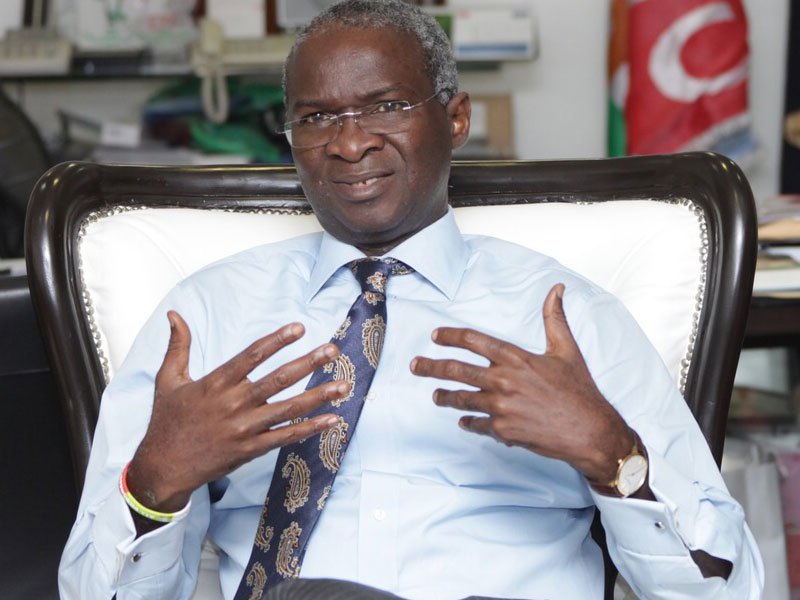Citing the grim nature of the nation’s economic outlook, President-General, Ohaneze Nidigbo Worldwide, Chief John Nnia Nwodo has said that Nigeria external debt has grown from $10.3 billion in 2015 to $20 billion in 2017.
According to Nwodo, the country’s domestic debt has grown from N8.8 trillion in 2015 to N14 trillion in 2017, adding that the country’s domestic component for the 36 states rose from N1.69 trillion in 2015 to N2.9 trillion in 2017.
Nwodo disclosed this Tuesday at the Federal University Ndufu-Alike Ikwo (FUNAI), Ebonyi State where he was the Guest Lecturer at the university’s 2nd Convocation Lecture, tagged “ The Role of Universities in National Reconciliation”. He added that on the 7th of last month this year “MOODY’s Investors Service had downgraded Nigeria’s Sovereign Issuer Rating to B2, citing their rationale as the largely unsuccessful efforts of the nation’s authorities to increase non-oil revenue and persistent key structural weaknesses”.
While pointing out that the federal government had on two occasions released bailout funds to enable states to meet their recurrent expenditure requirements, the Ohaneze Ndigbo Worldwide helmsman added that only about nine states in the country namely Lagos, Kano, Enugu, Edo, Delta, Abia, Rivers, Anambra and Kwara had internally generated revenue sufficient enough to cover their interest repayments on their debts without depending on allocations from federally collected revenues. “According to BudgIT research in its scale of ability to meet recurrent expenditure obligations rankings, only four states namely Katsina, Kano, Rivers, and Lagos average monthly revenue in excess of average monthly recurrent expenditure”, he said.
“For the Federal Government close to 40 per cent of its annual revenue was spent on servicing of interest repayments on debts and according to International Monetary Fund (IMF), this percentage is expected to increase further.
“Also, Fitch ratings has indicated that Nigeria’s Government gross debts are 320 per cent of its annual revenue; one of the highest in the world”, he noted.
Nwodo warned that datelines had been fixed Organization for Economic Co-operation and Development (OECD) countries and China for the cessation of production of automobiles and machines dependent on fossil fuel, maintaining that this development and the new technology for production of shale oil in the United States had made world dependence on Nigeria’s crude a rapidly declining phenomenon.




